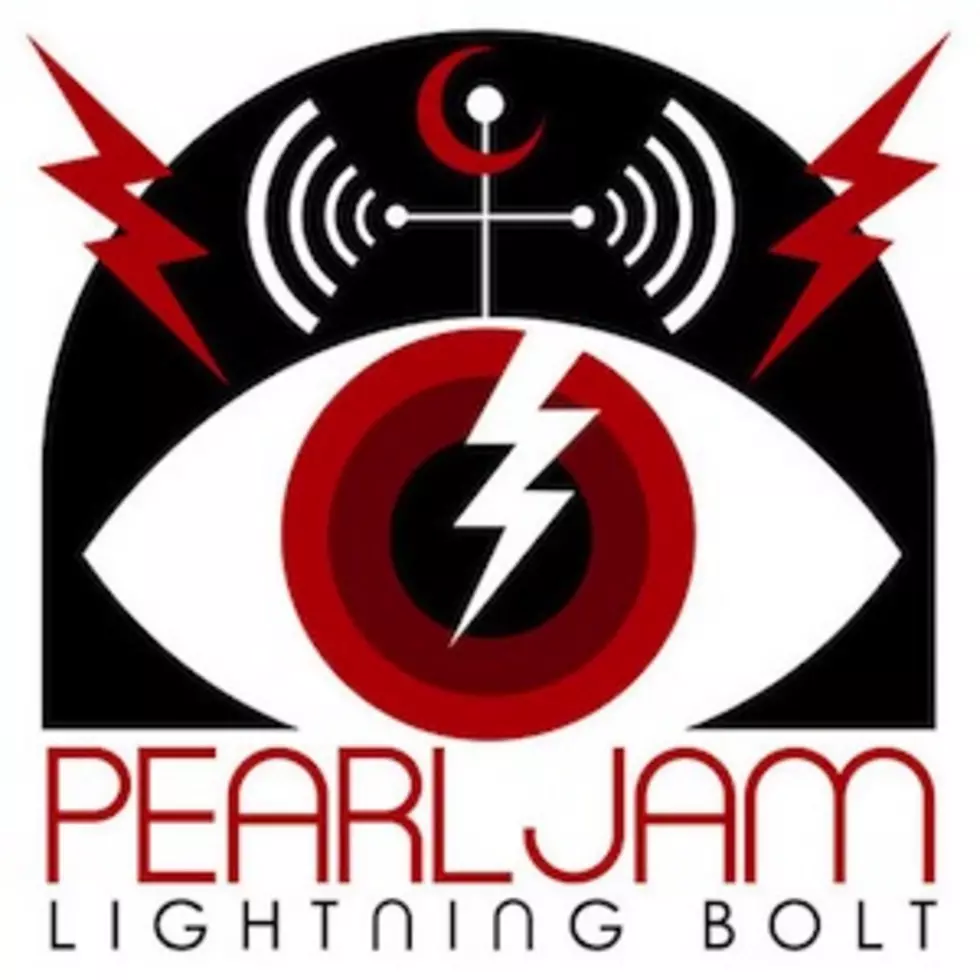
Pearl Jam, ‘Lightning Bolt’ – Album Review
For a band that named its very first release ‘Ten,’ it’s somewhat ironic that Pearl Jam needed to record all of ten studio albums before they once again started sounding comfortable in their own skins (emphasis on the plural), as evidenced by 2013’s ‘Lightning Bolt.’
OK, nine, if you feel the same way about the Seattle survivors’ most excellent previous LP, ‘Backspacer,’ which was tellingly their first released without major label-backing -- and pressures.
Either way, though, that’s 20 years and change of public discomfort and self-flagellation induced by Eddie Vedder and company‘s well documented rejection of stardom; an exorbitant amount of time and energy put towards coming full circle and weeding out fair weather fans, don’t you think?
But, now that it’s over, the process clearly vindicates itself on ‘Lighting Bolt’: an album so light on its feet, unselfconscious, and uncharacteristically NOT HEAVY of mood, one can hardly believe it’s a Pearl Jam record at times.
Pearl Jam’s tenth may also be their most democratic and eclectic songwriting effort, yet: only drummer Matt Cameron (recently pulling double duty with his original grunge buddies in Soundgarden) fails to contribute to the workload otherwise shared by his bandmates, Vedder, Stone Gossard, Mike McCready and Jeff Ament, working both individually and collaboratively.
Yes, there’s an abundance of urgent hard rockers in ‘Getaway,’ ‘My Father’s Son’ and the title track, which play to the band’s strength of meshing college and classic rock with seemingly impossible fluidity; but sprinkled among them are numerous diversions and detours reflecting each songwriter’s personal tastes, present, and influences, past.
Vedder’s hardcore kinks (and Ramones worship) explodes in ‘Mind Your Manners’ while his introspective solo work guides the wistfully acoustic ‘Sleeping by Myself’; Gossard’s ‘Let the Records Play’ somehow bounces between country-western and ‘70s glam while Ament propulsive bass drives the bitter ‘My Father’s Son’ (together, they conjure dreamy melancholy with ‘Pendulum’); and the band’s resident rock classicist, McCready McCready, delivers one of the album’s most moldious, heartfelt, and memorable moments in the sublime, piano-adorned ‘Sirens.’
Most important of all, instead of disrupting the album’s flow, this willful variety simply highlights the deeply symbiotic interplay of these veteran musicians; the kind bands can only accrue the hard way, over many years and countless miles on the touring road, with all its triumphs, failures and, sure, a little self-sabotage.
None of which means that ‘Lighting Bolt’ replicates the sonic aesthetic of ‘Ten’ or a ‘Vs.’ (nor does it try to), but rather unearths the natural, instinctive and unencumbered creative spirit of that younger, bright-eyed Pearl Jam - the same one that its own constituents tried so hard to deny and discredit, but luckily failed and found their way back to, in due time.
In other words: comfortable in their own skins.
More From Ultimate Classic Rock









